Is the first coffee shop in Japan related to Zheng Chenggong's family? Japan invents ear-hanging coffee and coffee culture
Cafe culture originated from the West, each country has a different coffee culture and amorous feelings, it is this cultural inclusiveness, resulting in a different coffee culture. In Asia, after years of precipitation and integration, Japanese coffee culture has been integrated into the life of the local people, and the Japanese coffee shop culture of "craftsman spirit" has deeply infected the whole world. To everyone's surprise, the first coffee shop in Japan turned out to be the business of Zheng Chenggong's family!
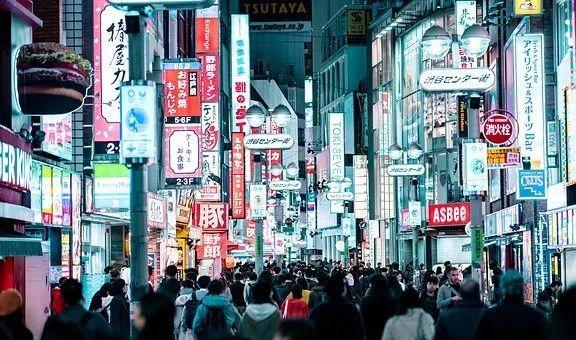
The "can't teahouse" is a coffee teahouse opened by Zheng Yongqing, Zheng Chenggong's nephew, in Tokyo, Japan in 1888, when Zheng Yongqing's family had close ties with Japan, and his father, Zheng Yongning, worked as an interpreter in the Japanese shogunate. In addition to coffee, Zheng Yung-ching's cafe also serves German wine, cigars from Cuba and the Philippines, and other very rare Japanese imports, which were very advanced and fresh in Japan at that time.
In fact, the Japanese came into contact with coffee earlier than Zheng Yongqing opened a coffee shop, when coffee was widely used as a drug. According to records, the earliest written record of "Coffee" appeared in the Japanese and Dutch business books at the end of the 18th century. Because Japan at that time could not translate the Dutch coffee "koffie", there were many different translations of coffee in Japan, such as whether, can not, bone not, and so on all represent the meaning of coffee.
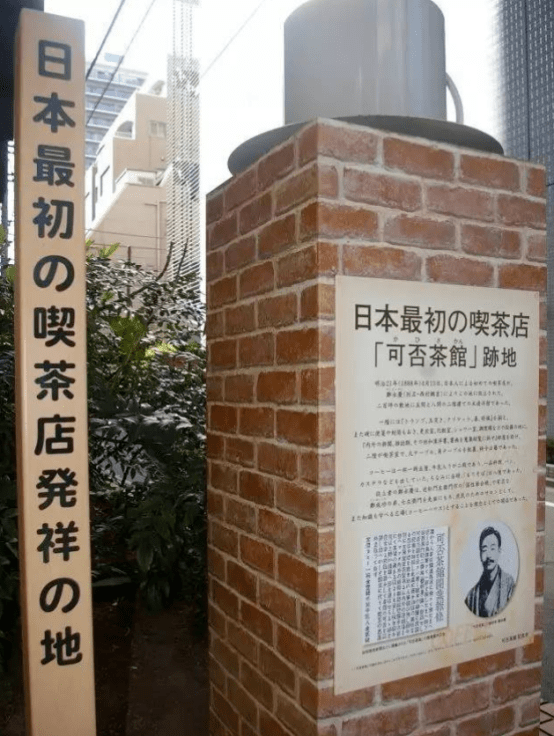
Zheng Yung-ching dared to open such an advanced coffee shop at that time because he studied in the United States when he was young, and he successively went to London, France, Paris and other countries. Zheng Yung-ching was touched by the strong coffee culture abroad. When he returned to Japan, he did not take over the family's translation business, but transplanted the cafes he had seen abroad to Japan.
It is said that Zheng Yongqing wanted to create a new cultural space in Japan at that time. He placed many novel Western gadgets, books, newspapers and magazines in the cafe, where local intellectuals gathered for cultural exchanges.
At that time, the atmosphere in Japan was not so open, and the opening of a coffee shop was too advanced for people in Tokyo at that time. Coupled with Zheng Yongqing's poor management, the coffee shop closed down a year after it opened. Even if Zheng Yongqing's coffee shop did not succeed, decades after the closure of the tea shop, Japanese cafes are springing up like bamboo shoots after a spring rain. Now the coffee culture in Japan has become so popular that the Japanese people have designated the time when Zheng Yongqing opened a coffee shop in Tokyo on April 13, 1888 as "Cafe Day".
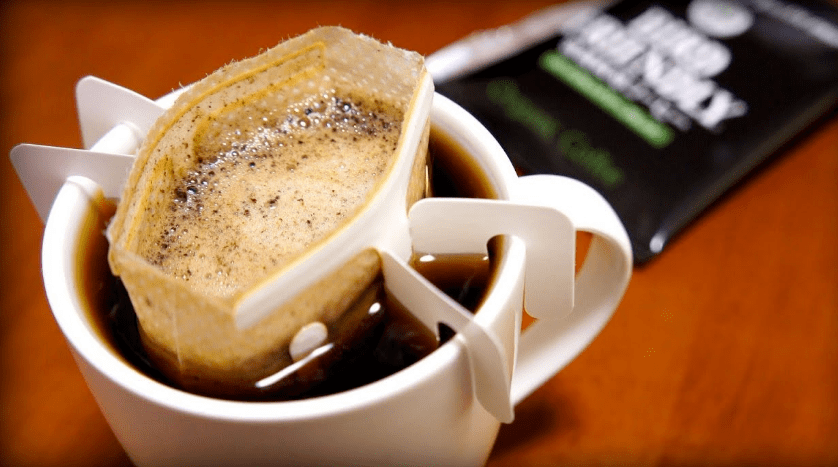
Now, although Japan has a population of only more than 100 million, it has become the world's third largest coffee importer after the United States and Germany in terms of coffee imports. Coffee has really entered the lives of the Japanese people and has become a national drink in the streets. For example, the popular hanging-ear coffee was invented by the Japanese in 1990. The portability of hanging-ear coffee has been favored by coffee lovers and has become a new coffee trend.
* Image source: Internet
Important Notice :
前街咖啡 FrontStreet Coffee has moved to new addredd:
FrontStreet Coffee Address: 315,Donghua East Road,GuangZhou
Tel:020 38364473
- Prev
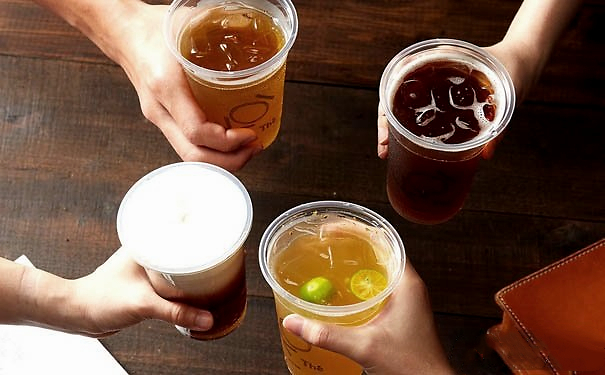
Development trend and respective characteristics of Coffee and New Tea in 2021 domestic Beverage Market
In recent years, new-style tea has rapidly occupied the beverage market in China. Ten thousand stores have been opened in Honey Snow Ice City, and tea shops have begun to be laid out throughout the country, while the coffee market is not inferior, and minority brands continue to rise. Three and a half meals, Nova Coffee, Sumida Coffee, Yongpu Coffee and other coffee brands continue to raise money successfully. Among them, Yongpu Coffee, with the most representative portable cold extract coffee liquid,
- Next
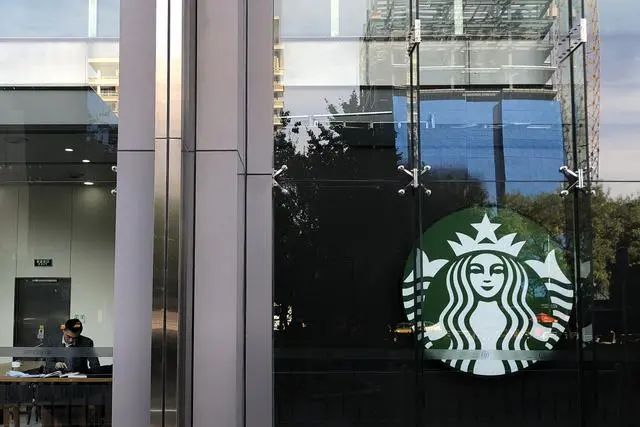
Starbucks' strong performance in China in fiscal year 2021, what happens to the coffee giant?
On January 27th Starbucks, a coffee chain, announced its results for the first quarter of fiscal 2021. In this financial report, Starbucks' Chinese market showed positive growth for the first time since the outbreak, which attracted everyone's attention. According to the financial report, Starbucks had net revenue of US $6.75 billion in the first quarter of fiscal year 2021 in the first quarter of 2021, according to the financial report.
Related
- Does an authentic standard mocha coffee recipe use chocolate sauce or powder? Mocha Latte/Dirty Coffee/Salty Mocha Coffee Recipe Share!
- What is the difference between Vietnam egg coffee and Norway egg coffee? Hand-brewed single product coffee filter paper filter cloth filter flat solution!
- What is the difference between sun-cured and honey-treated coffee? What are the differences in the flavor characteristics of sun-honey coffee?
- How to make Italian latte! How much milk does a standard latte use/what should the ratio of coffee to milk be?
- How to make butter American/butter latte/butter Dirty coffee? Is hand-brewed coffee good with butter?
- Is Dirty the cold version of Australian White? What is the difference between dirty coffee/decent coffee and Australian white espresso?
- Relationship between brewing time and coffee extraction parameters How to make the brewing time fall to 2 minutes?
- Got entangled?! Lucky opens a new store, Mixue Ice City, and pursues it as a neighbor!
- How long is the shelf life of high-quality hand-brewed hanging ear coffee? Why is the taste period of hanging ear coffee ground into powder only one month?
- Why does hand-brewed espresso smell good but taste bitter? Is the flavor of high-quality hand-brewed coffee aroma or taste?

